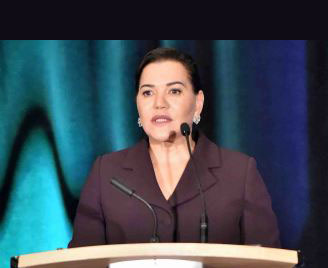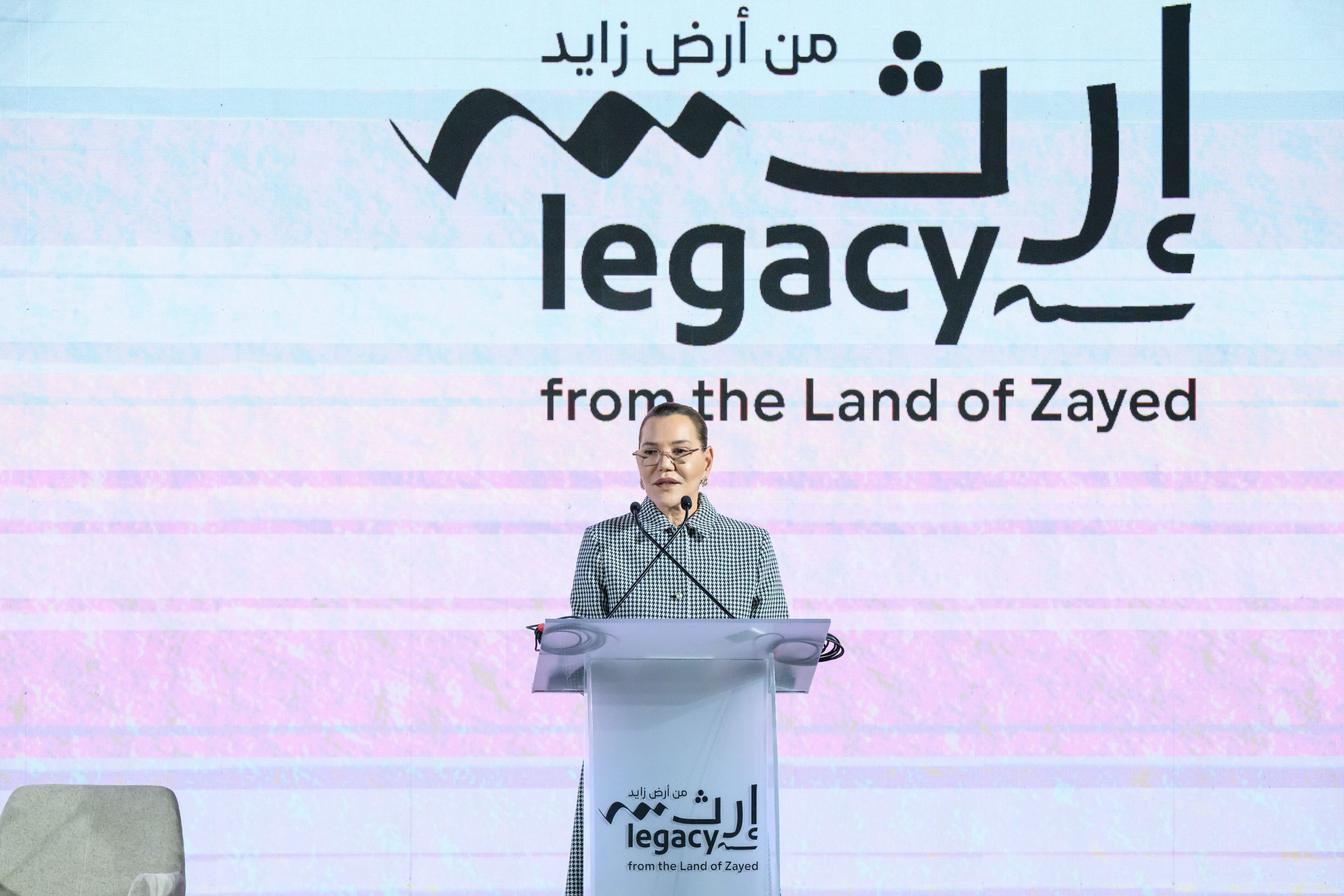
الحمد لله وحده، والصلاة والسلام على مولانا رسول الله وآله وصحبه
The Honourable Judith Guichon, Lieutenant Governor of British Columbia,
Mr. Mario Salomone, Secretary-General of the WEEC Network
Dr David Zandvliet, Director of the Institute for Environmental Learning, Simon Fraser University, Vancouver,
Your Excellencies,
Ladies and Gentlemen,
I should like, first, to express my sincere thanks to the organizers of the Ninth World Environmental Education Congress for kindly inviting me to speak at this opening session.
I remember very vividly the proceedings of WEEC 2013, held in Marrakesh, especially the spirit of sharing, friendliness and openness which characterized them.
There is no doubt in my mind that the current Congress, convening here in Vancouver, a model city in terms of sustainable development, will be marked by the same spirit.
Your Excellencies,
Ladies and Gentlemen,
Convinced that sustained economic growth and balanced social development must go hand in hand with a pro-active policy for the conservation of the environment, the Kingdom of Morocco was among the first nations to subscribe to the principles of the Rio Declaration, to Agenda 21 and to multilateral environmental agreements.
Quite naturally, Morocco has been a determined international actor in this field, and has been committed to solidarity with the most vulnerable countries.
Thus, as President of the COP22, Morocco did not want that major event to be dedicated solely to negotiation, but to devote equal attention to action as well. In Marrakesh, for instance, climate change adaptation and resilience initiatives were launched, specifically for Africa and Small Island States.
Domestically, under the stewardship of His Majesty King Mohammed VI, the Kingdom has resolutely embarked on a dynamic action for the mainstreaming of the environmental dimension into economic, social and cultural policies and programs.
In 2011, the country’s new Constitution enshrined the right to a healthy environment and to sustainable development. Then, in 2014, a framework law on the National Charter for the Environment and Sustainable Development was enacted.
Moreover, the recent adoption of the National Sustainable Development Strategy up to 2030 provides Morocco with a key instrument for the convergence of public policies and for transitioning towards a green, inclusive and solidarity-based economy.
Promoting the culture of sustainable development through education and awareness-raising is one of its main pillars.
Indeed, education is a key instrument which can help curb risks, reduce threats and make the most of opportunities whenever they arise.
It is necessary to learn or relearn essential acts to save resources, safeguard nature, protect biodiversity and promote solidarity.
In Morocco, one of the first concrete actions undertaken was the development of an educational guide for curriculum developers, specifying the skills required for each educational level.
Your Excellencies,
Ladies and Gentlemen,
When the Mohammed VI Foundation for Environmental Protection was set up, the aim was to carry out actions in order to promote awareness and environmental education, especially at school.
How do we sensitize schoolchildren about such issues? How do we change the way they perceive the world around them? How do we help future generations take full ownership of eco-citizenship? Those were the main questions to which the Foundation had to provide appropriate, practical answers.
Together with the members of the Foundation’s Board of Directors, we chose to combine education and action. We decided to build our approach around four pillars: experimentation, proximity, diversity and partnership.
Thus, pilot projects were launched across the country, targeting different objectives. Whether they dealt with beach cleanliness, air quality or the rehabilitation of historic gardens, these projects systematically had a direct bearing on the lives of the populations concerned.
As regards project partnership, it consisted in systematically involving all the parties concerned and agreeing, upstream, on respective obligations and management modalities.
Quite often, it was at that level that Foundation interventions proved to be crucial. They enabled stakeholders who knew little or nothing about one another – namely local authorities, decentralized government services, companies, NGOs and universities – not only to work together towards the preservation of the environment, but above all to ensure the sustainability of their action.
Partnerships that exclusively involved national stakeholders were soon supported by partnerships involving foreign institutions, NGOs and international organizations (UNESCO, ISESCO, UNEP, etc.)
One of the immediate impacts of such a policy was that of offering Moroccan students an enriching window onto the world, in addition to the possibility to learn about exchange and cooperation with others.
Your Excellencies,
Ladies and Gentlemen,
Ever since I was entrusted with the responsibility of managing the Mohammed VI Foundation for Environmental Protection, I have keenly sought to bring stakeholders together, on a project-by-project and program-by-program basis. I attach special importance to proactive, responsible ownership. Often, quite often actually, a great deal of enthusiasm is involved.
In the years ahead, and as part of a never-ending learning process, the main challenge for the Foundation will be to renew and adjust its intervention modes, in light of evolving issues and challenges. In this way, it will contribute to the Kingdom’s sustainable development desired by His Majesty King Mohammed VI.
Your Excellencies,
Ladies and Gentlemen,
Planet Earth nourishes the body, but it is education that nourishes the mind. There is a close link between our planet’s health status and education; the latter ought to be a major component of any strategy for the achievement of sustainable development. It is both a means and a goal.
This meeting’s theme is about culture and the environment. As the repository of values and of knowledge, culture is one of the main vehicles for development. In this sense, environmental culture supplements and is an extension of environmental education.
Just like the protection of biodiversity, the preservation of cultural diversity is a prerequisite for sustainable development.
Culture not only contributes to interaction, but it also helps build bridges and foster intercultural and intergenerational dialogue. This is precisely what we need in order to rise to the challenges our planet is faced with.
A staunch advocate of coexistence and dialogue since time immemorial, my country – Morocco – remains at the forefront of such an endeavor, which is based on international solidarity.
I wish our conference every success.
Thank you.

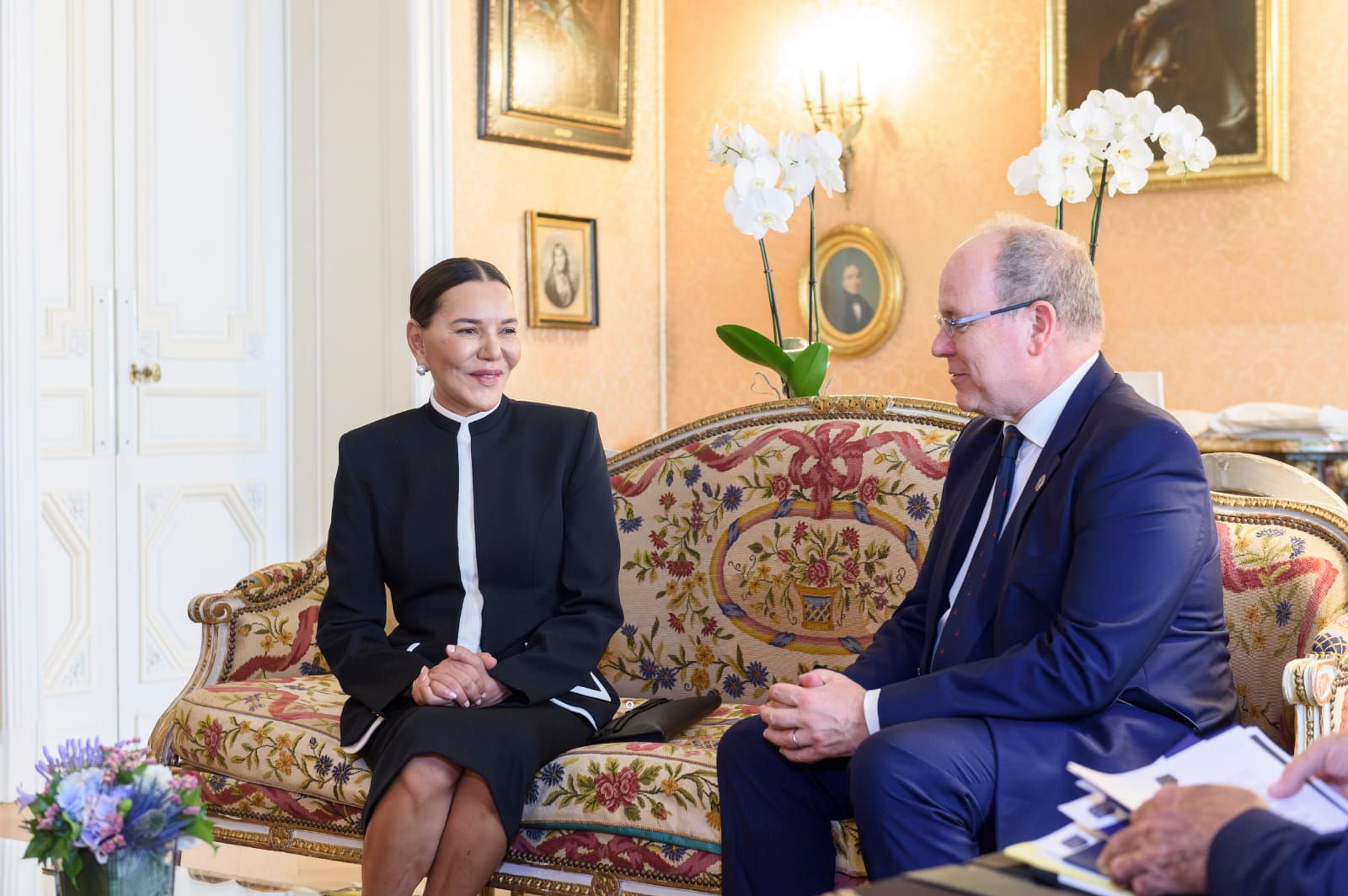
Monaco – June 14th, 2023
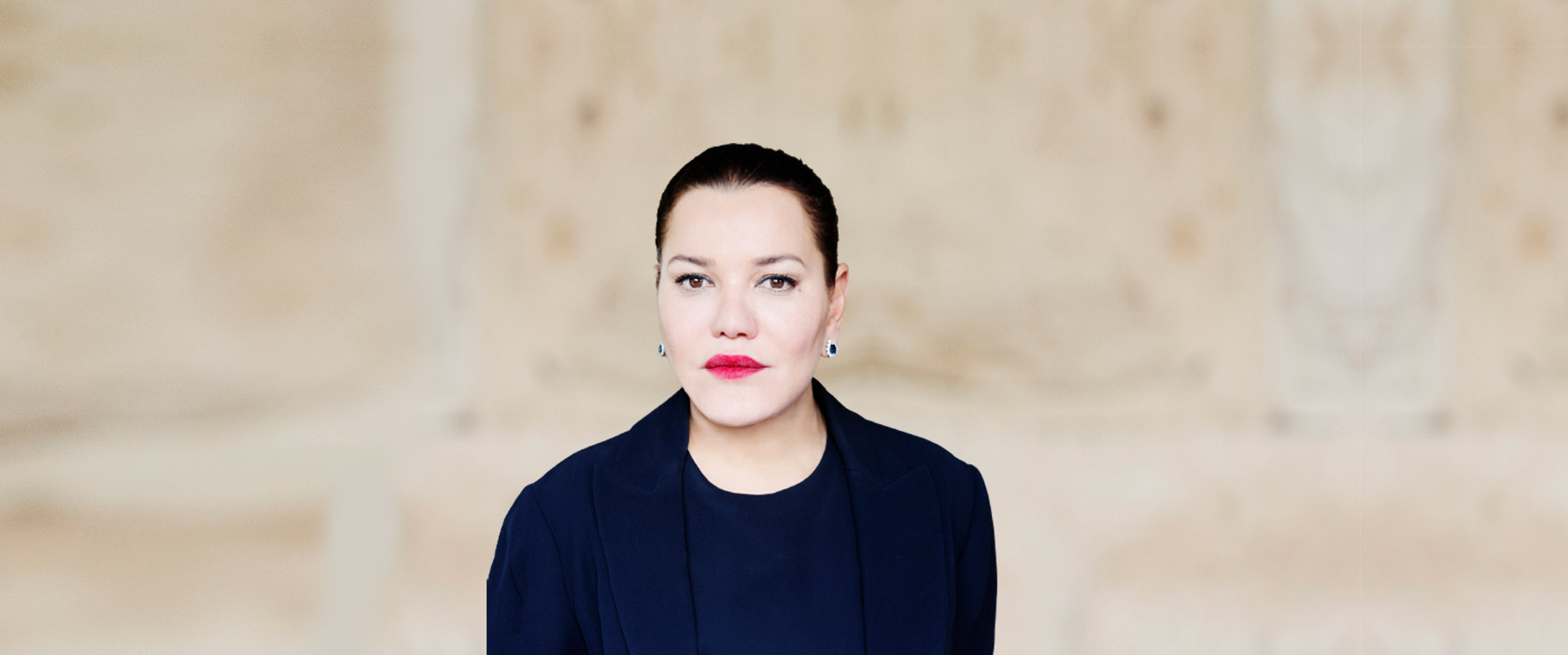
May 17, 2021
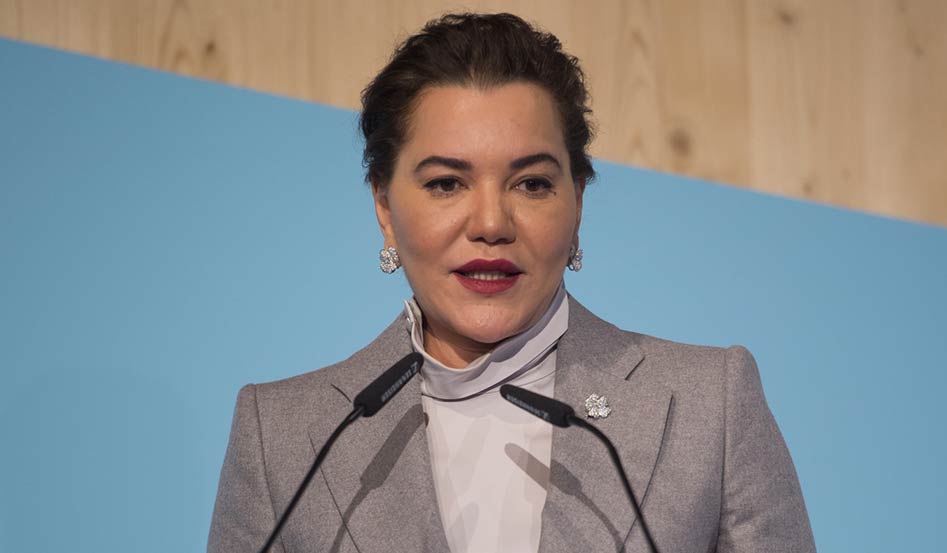
February 3, 2021
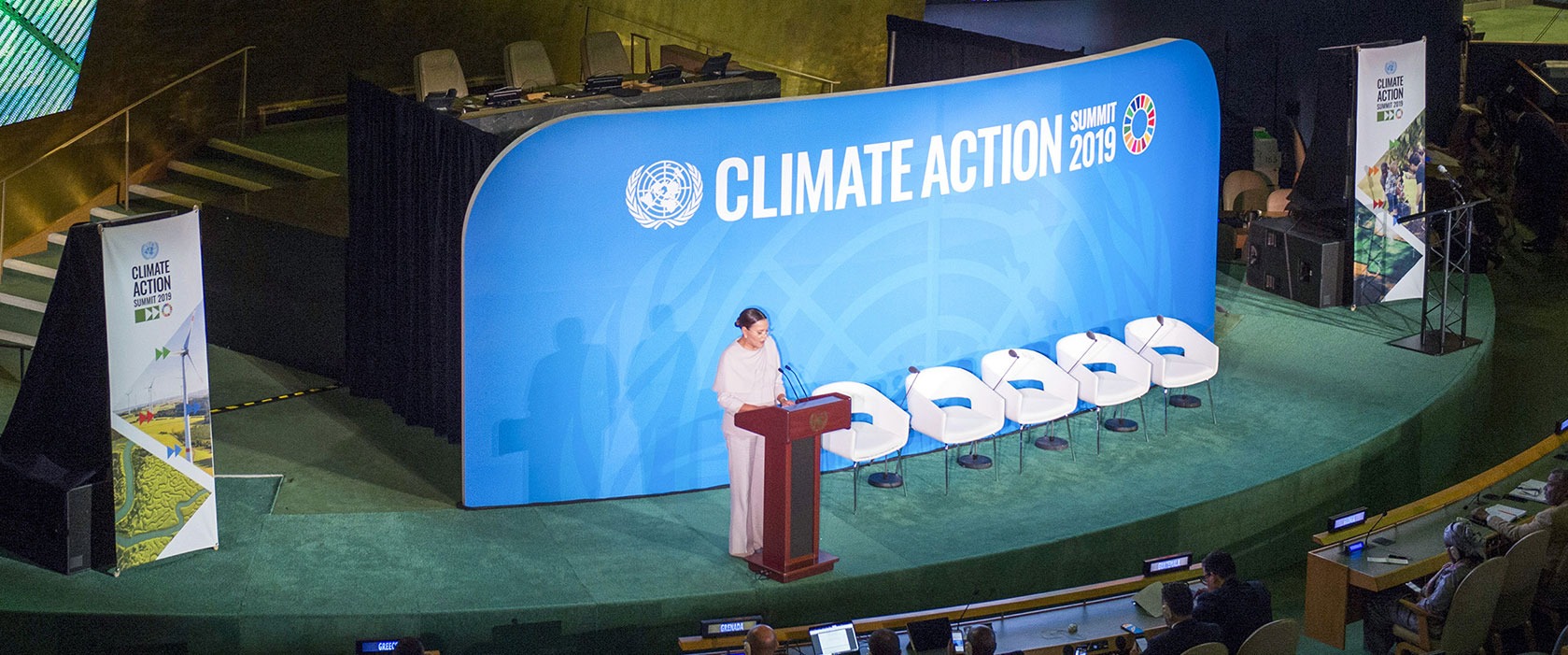
New York – September 23, 2019
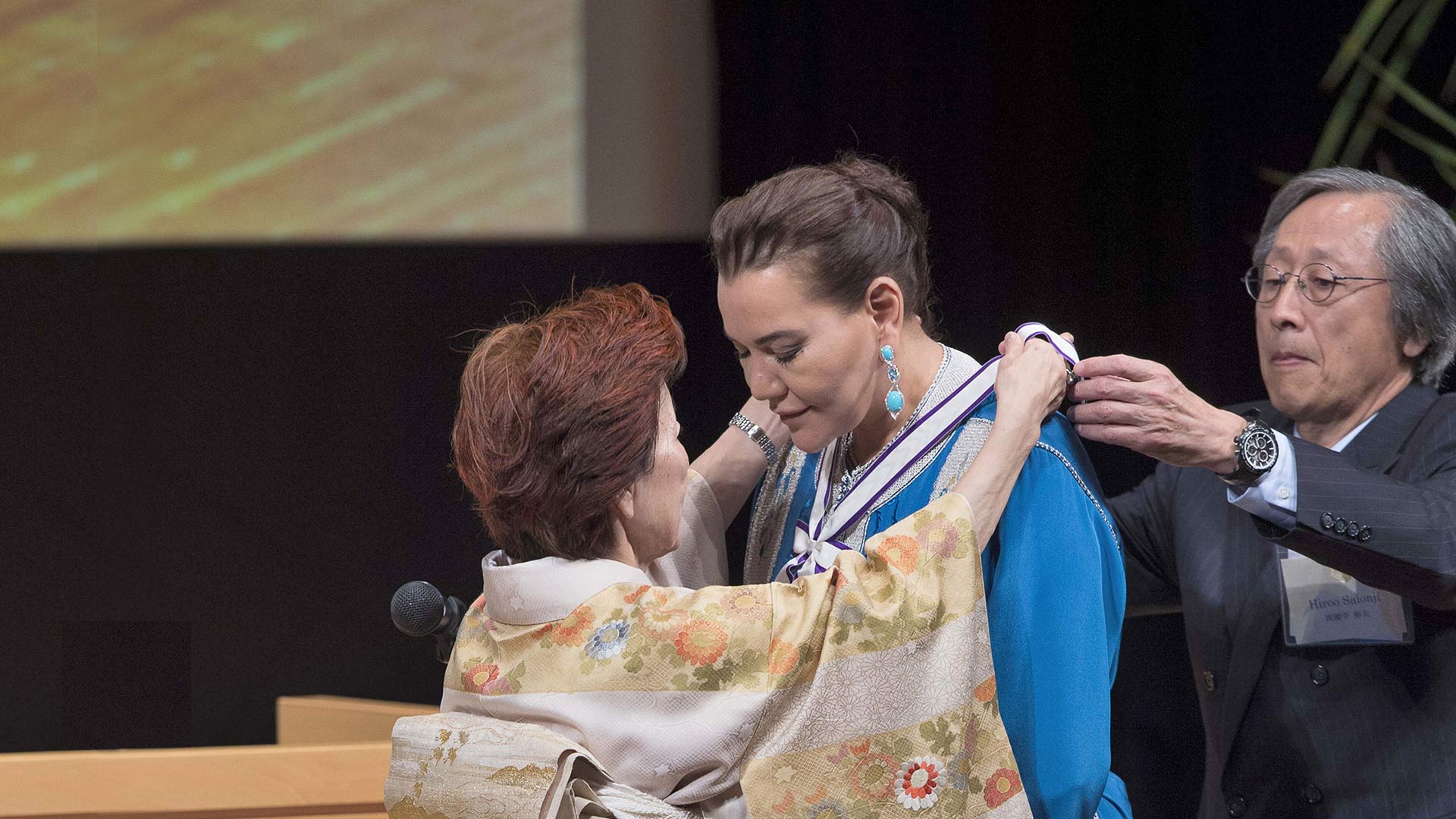
Tokyo – 23 novembre 2018
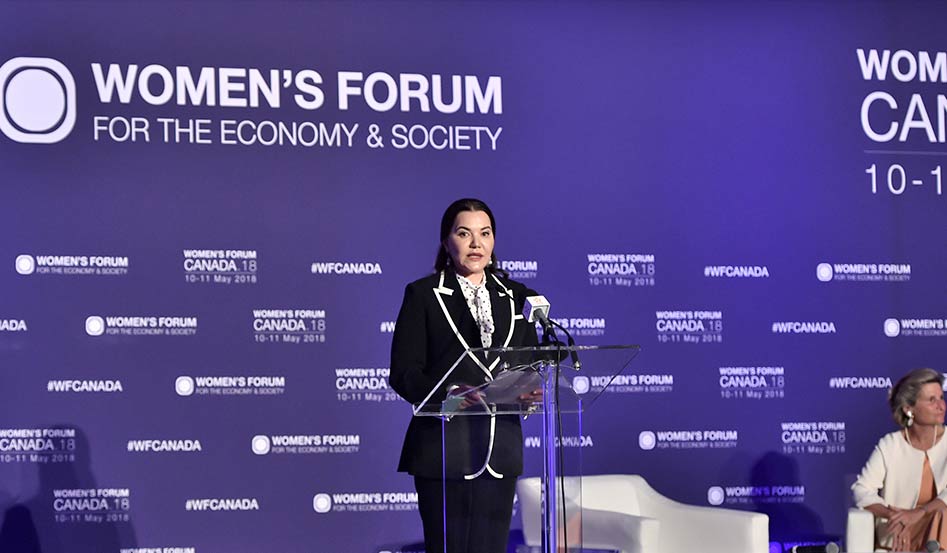
Toronto – May 10,2018
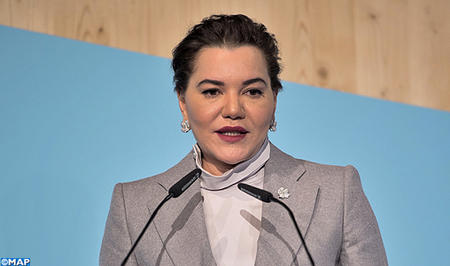
Bonn – 16 November 2017
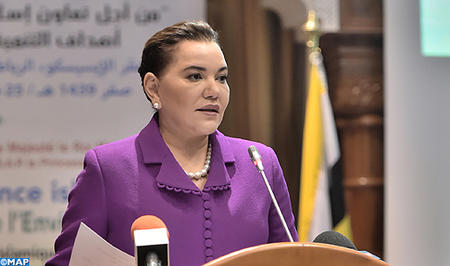
Rabat – October 25, 2017
